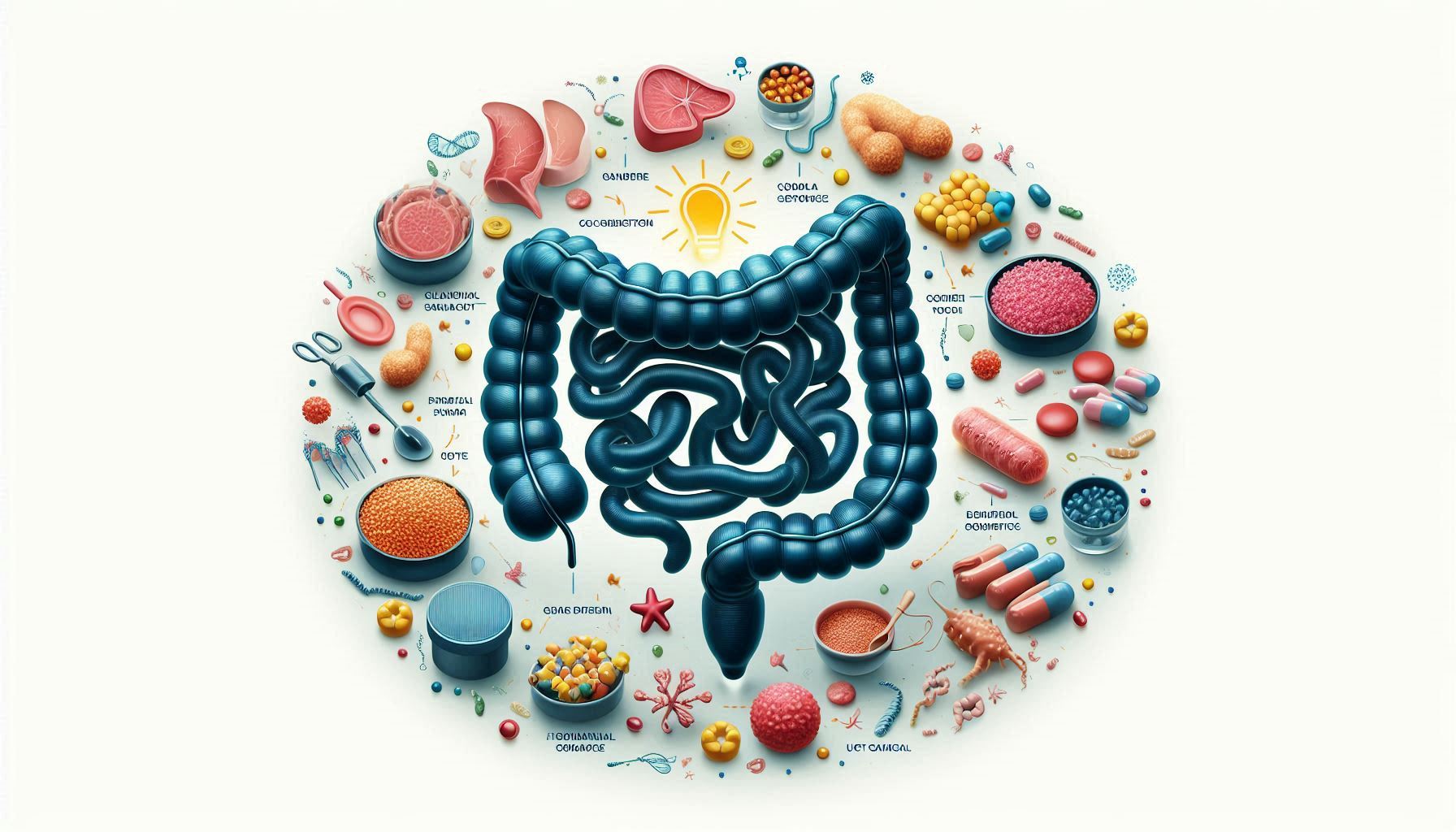The Hidden Culprit in Your Gut That Might Be Risking Your Baby’s Life
Preterm birth is the leading cause of neonatal mortality worldwide—and India bears a heavy burden. But what if the key to predicting and preventing it lies not in your genes, but in your gut?
A groundbreaking study of over 5,000 pregnant women has revealed a startling discovery: a single gut bacterium, Clostridium innocuum, may be silently sabotaging pregnancies by degrading vital hormones like estradiol, increasing the risk of preterm birth.
What the Study Found
Researchers from China analyzed stool samples and genetic data from two large cohorts of pregnant women. They discovered:
- 11 gut bacterial genera and 1 species were strongly linked to preterm birth.
- Clostridium innocuum stood out as the most consistent predictor across both cohorts.
- This microbe degrades 17β-estradiol, a hormone crucial for maintaining pregnancy.
- Women with higher levels of C. innocuum had shorter gestational durations and higher risk of preterm birth.
The Science Behind the Scare
Estradiol helps keep the uterus stable and the cervix closed during pregnancy. When C. innocuum breaks it down, it disrupts this balance—potentially triggering early labor.
Even more alarming? The study found that C. innocuum interacts with a woman’s genetic susceptibility, amplifying her risk. In other words, if your genes already lean toward preterm birth, this bacterium could push you over the edge.
Why This Matters for Indian Mothers
India has one of the highest rates of preterm birth globally. Yet, early prediction remains elusive. This study opens the door to:
- Microbiome-based screening during early pregnancy
- Targeted probiotic therapies to neutralize harmful bacteria
- Personalized risk assessments combining gut and genetic data
Imagine a future where a simple stool test could help prevent premature delivery. That future might be closer than we think.
What You Can Do Now
While clinical applications are still in development, here are proactive steps Indian mothers can take:
- Improve gut health: Eat fiber-rich foods, fermented products, and avoid unnecessary antibiotics.
- Monitor hormone levels: Especially if you’ve had previous pregnancy complications.
- Consult your OB-GYN: Ask about emerging microbiome testing options.
Reference
This blog is based on the study:









Leave a Reply